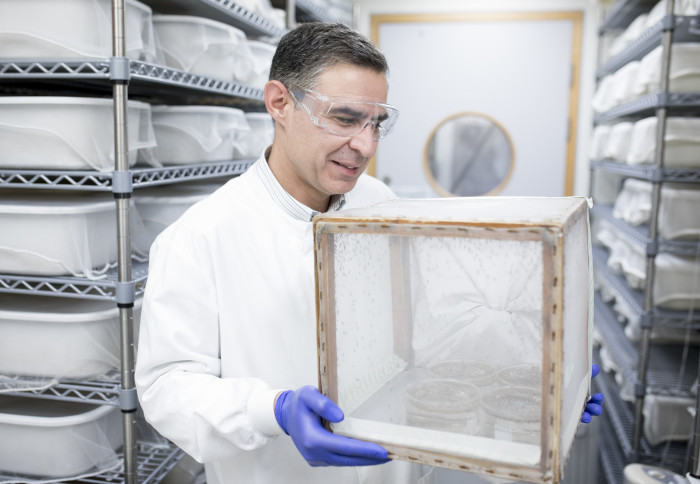BibTex format
@article{Winskill:2021:10.7189/jogh.11.04013,
author = {Winskill, P and Mousa, A and Oresanya, O and Counihan, H and Okell, L and Walker, P},
doi = {10.7189/jogh.11.04013},
journal = {Journal of Global Health},
pages = {1--10},
title = {Does integrated community case management (iCCM) target health inequities and treatment delays? Evidence from an analysis of Demographic and Health Surveys data from 21 countries in the period 2010 to 2018},
url = {http://dx.doi.org/10.7189/jogh.11.04013},
volume = {11},
year = {2021}
}
